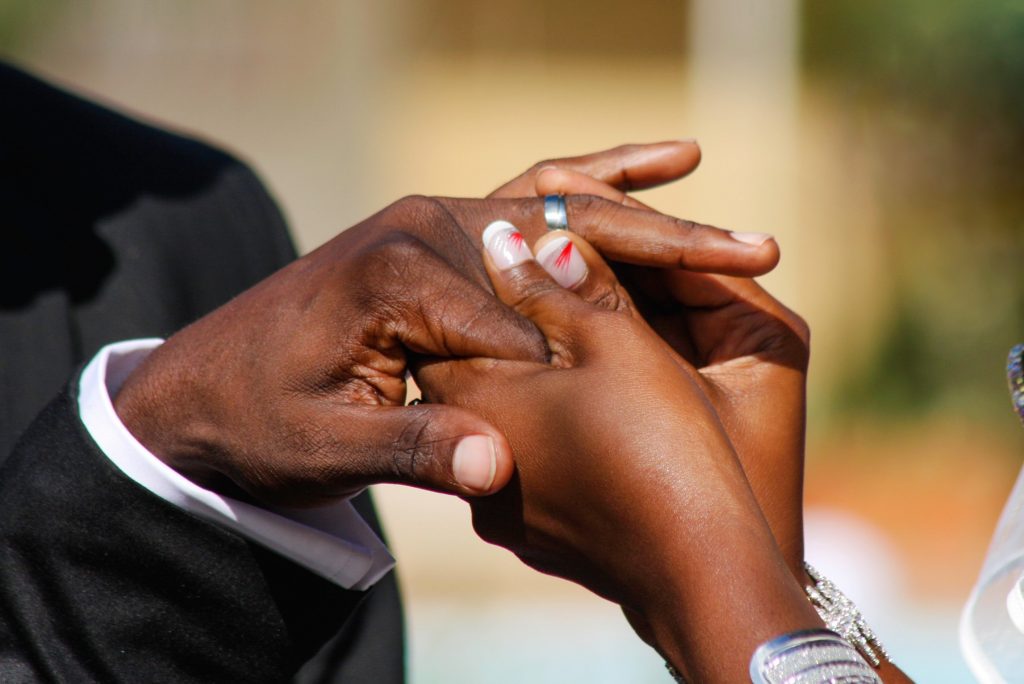The Constitutional court of South Africa will meet later in September to discuss the legislative issue related to marriages between black couples that took place before 1988 in which they married out of community of property.
In the late 1980s, Apartheid was still formally in effect and this legislation on marriage fell under the Black Administration Act (BAA). This legislative anomaly goes against South African law that stipulates couples automatically enter into a marriage contract in community of property, unless another option is chosen.
The Legal Resources Centre (LRC) is bringing this issue to Concourt on behalf of 72-year-old Agnes Sithole, a housewife in Kwazulu-Natal. Sithole is in a dire situation and faces a major financial loss.
Sithole married in 1972, and only discovered their marriage contract was out of community of property in 2018, reports IOL. Her husband is now threatening to sell their family home, and the law is technically on his side because of their marriage contract.
The LRC is taking the matter to court to have the legislation struck down for being unfairly discriminatory towards women, specifically women of colour. They also want all marriages entered into under the BAA to be declared in community of property. Those who want to remain out of community of property should be given the opportunity to opt out.
For many who married out of community of property under the BAA, the women were adversely affected. The LRC argues that black women in particular were unfairly discriminated against in comparison with other women through this.
“The BAA unfairly discriminated against black women compared with other women,” said the Legal Resources Centre (LRC) in papers it filed at the apex court for the matter.
“Under Section 22(6), the default position for black couples was marriage out of community of property. By contrast, the law regulating civil marriages between couples of all other races provided that the default position was marriage in community of property,” they wrote in court papers filed on the matter.
“The BAA had the result that black women were afforded less protection than other women.”
They estimate that 400 000 other African women married before 1988 could be in a similar situation to Sithole.
“It also discriminates on the grounds of age against elderly black women who were married before 1988. The consequences are illustrated by Ms Sithole’s position. She is in danger of losing her marital home and has been compelled to interdict her husband so that he does not dispose of it prior to this application,” the centre said.
“She has spent her adult life contributing to the joint household and raising the children, yet she cannot enjoy the fruits of her labour.”
In 1988, matrimonial law was amended and black couples were given two years to change their marriage contracts. However, the Commission for Gender Equality argues this dispensation period did nothing for the couples affected.
“The amendments have failed to bring real, effective or meaningful relief to black women married subject to Section 22(6) of the BAA,” the LRC said.
Picture: Unsplash

















